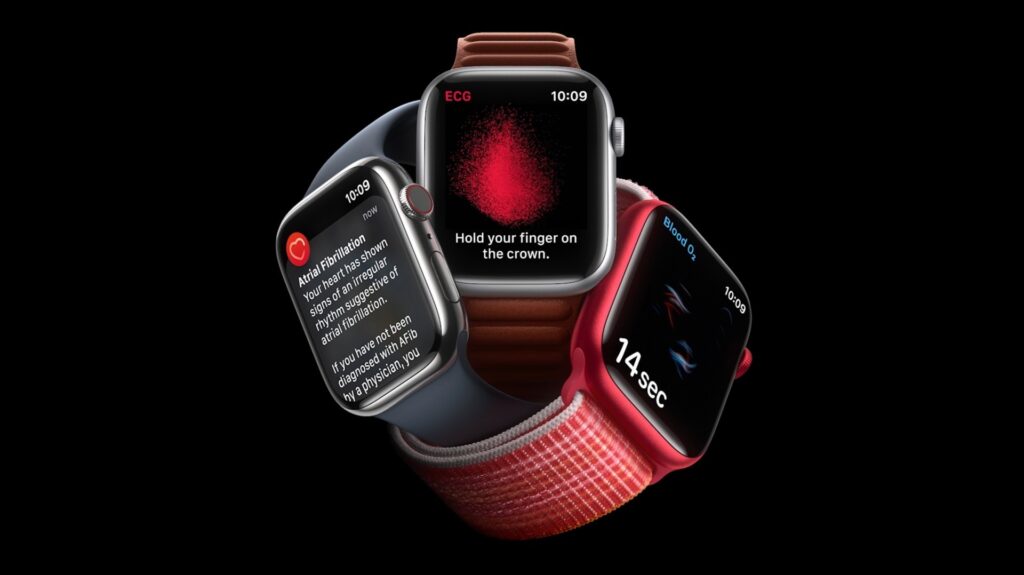Amidst the technological advancements involving companies like Apple exploring non-invasive methods to monitor blood glucose levels through smartwatches, the FDA has raised significant concerns. In a recent statement released through Reuters, the FDA underscored the inaccuracies associated with wearable devices that claim to measure blood glucose levels without skin piercing. The agency stressed that no smartwatches or similar gadgets currently exist that can directly test blood glucose with reliable accuracy.
This development emerges as companies endeavor to innovate in the health technology sector, aiming to offer users more convenient solutions for health monitoring. However, the FDA’s stance highlights a critical gap in the reliability of such devices for important health measures.
For individuals with conditions like diabetes, who depend on precise blood glucose monitoring to manage their medication, inaccuracies can have severe consequences. Incorrect dosages of insulin or other medications, driven by faulty device readings, could lead to life-threatening situations. Complications including hypoglycemia, mental confusion, coma, or even death could arise from such errors.
The FDA pointed out that it has not approved any non-invasive devices for blood glucose monitoring, directly challenging the claims made by some manufacturers.
These devices, including smartwatches and smart rings, purportedly measure glucose levels without the need for finger pricks or skin penetration, often citing advanced non-invasive techniques as their method.
The only wearable technologies currently endorsed by the FDA for blood glucose monitoring are Continuous Glucose Monitoring devices (CGMs), such as the Dexcom G7. These devices have proven their reliability and accuracy in tracking glucose levels, a stark contrast to the unverified claims of smartwatch-based monitoring.
Despite these challenges, companies like Apple continue to invest in research and development for non-invasive blood glucose monitoring technologies.
Utilizing sophisticated approaches like silicon photonics and optical absorption spectroscopy, Apple aims to innovate in this space without compromising user safety. This method involves emitting light wavelengths into the skin to detect glucose absorption, a testament to the company’s commitment to pioneering health technology.
While Apple’s efforts in developing a non-invasive blood glucose monitoring feature for the Apple Watch are commendable, the importance of FDA approval cannot be overstated. The agency’s certification is crucial for ensuring the safety and reliability of health monitoring technologies. Notably, the Apple Watch has previously received FDA approval for its electrocardiogram and atrial fibrillation monitoring capabilities, underscoring the potential for future advancements in non-invasive health technology with regulatory backing.
